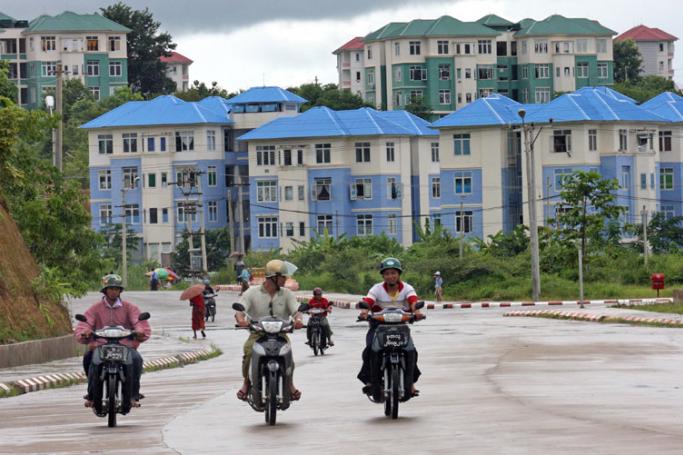Myanmar's government must take concrete action to counteract decades of military impunity for human rights violations, the International Commission of Jurists concluded in a report published today.
The report, Achieving Justice for Gross Human Rights Violations in Myanmar, finds that gross human rights violations in Myanmar rarely go punished, particularly in conflict areas.
Justice remains elusive for victims and their families as a result of laws, institutions and investigative practices that protect members of security forces from prosecution, the ICJ says.
"Decades of denial of justice for victims of gross human rights violations in Myanmar, and impunity for the perpetrators, particularly when involving the military, have severely eroded the rule of law," said Sam Zarifi, the ICJ's Secretary General.
"The Myanmar government must now take concrete steps to combat impunity, especially for the military," he added.
The release of the ICJ's report follows last week's statement from the Office of the Commander in Chief of the Tatmadaw, Myanmar's military, acknowledging that security forces had participated in the killing of ten Rohingya Muslims in Rakhine State's Inn Dinn Village.
It is the Tatmadaw's first admission of serious crimes perpetrated by security forces during its 'clearance operations', which have resulted in mass displacement and human rights violations, following attacks on police posts by the Arakan Rohingya Salvation Army on 25 August 2017.
Military and security personnel in Myanmar seldom face justice for human rights violations, because they are protected by legal provisions of the 2008 Constitution, the 1959 Defence Services Act and the 1995 Police Force Maintenance of Discipline Law, which include immunities and special courts that shield soliders, police and officials from public criminal prosecutions for serious crimes, the ICJ notes.
The ICJ's report finds that investigations into allegations of rights violations rarely result in effective prosecutions or redress.
Eight case studies - from Kachin, Karen, Mon and Rakhine states - illustrate how victims and their families, as well as journalists and human rights defenders, lack access to justice and are even harassed for seeking it.
"Admission of culpability for this one incident is an important first step and must be followed by a full and proper investigation, and justice for the victims and their families," said Zarifi.
"The dire human rights situation in northern Rakhine State, and in conflict areas such as in Shan and Kachin states, neccessitates credible, independent and impartial investigations with a view to publicly prosecute those responsible for unlawful acts and their commissioning," he added.
"Options available to the parliament and to the executive include addressing barriers to accountability, by reforming laws that protect security forces involved in serious crimes, and by aligning investigative procedures with international standards."
You are viewing the old site.
Please update your bookmark to https://eng.mizzima.com.
Mizzima Weekly Magazine Issue...
14 December 2023
Spring Revolution Daily News f...
13 December 2023
New UK Burma sanctions welcome...
13 December 2023
Spring Revolution Daily News f...
12 December 2023
Spring Revolution Daily News f...
11 December 2023
Spring Revolution Daily News f...
08 December 2023
Spring Revolution Daily News f...
07 December 2023
Diaspora journalists increasin...
07 December 2023
Naungcho to be transformed into tourist destination












